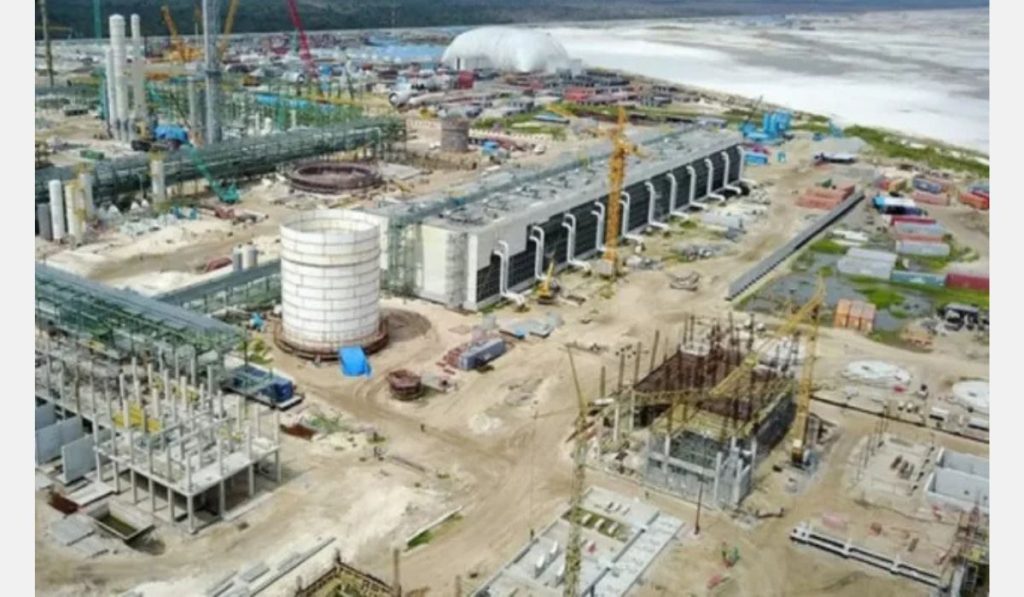
Dangote Refinery
Dangote Refinery, in a significant move impacting Nigeria’s petroleum landscape, has announced a reduction in the ex-depot price of Premium Motor Spirit (PMS), commonly known as petrol, from N950 to N890 per litre.
This decision, effective from Saturday, 1 February 2025, is attributed to favorable developments in the global energy sector and a notable decline in international crude oil prices. The refinery’s management emphasized that this adjustment aims to align with market realities and ensure consumers benefit from these changes.
While this price reduction is poised to lower petrol costs nationwide and stimulate positive economic effects, it presents challenges for petroleum marketers, especially those with existing inventories purchased at higher prices. These marketers now face potential financial losses as they may need to sell their current stock below cost to remain competitive. Hammed Fashola, Vice President of the Independent Petroleum Marketers Association of Nigeria (IPMAN), acknowledged the dual impact of this development, noting that while it benefits consumers, marketers must navigate the complexities of a deregulated market.
Read also: Nigerians Praise Dangote Refinery For High Quality Fuel Production
This price reduction has intensified competition within the downstream sector. In response, the Nigerian National Petroleum Company Limited (NNPCL) adjusted its ex-depot price to N899 per litre. Additionally, the Dangote Refinery has partnered with MRS Petrol stations to retail petrol at N935 per litre, aiming to pass on the benefits of reduced prices to consumers.The establishment of the Dangote Refinery has reignited discussions surrounding Nigeria’s petrol subsidy policies.
Historically, fuel subsidies have been a contentious issue, with debates focusing on their fiscal sustainability and socio-economic impact. The refinery’s ability to produce petrol more affordably than imported variants could influence future subsidy considerations and the overall pricing framework within the country.
The Dangote Refinery’s recent price reduction reflects its commitment to aligning with global market trends and providing economic relief to Nigerians. However, this move also underscores the challenges inherent in a deregulated market, where stakeholders must adeptly navigate fluctuating prices and competitive pressures. As the refinery continues to scale its operations, its influence on Nigeria’s petroleum sector and broader economic landscape will be closely monitored.










